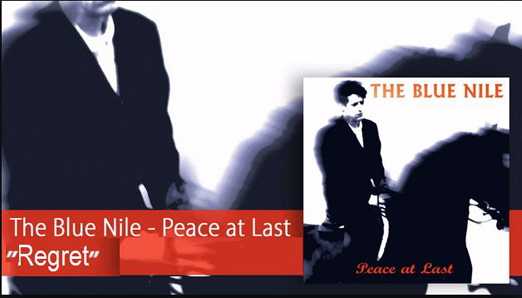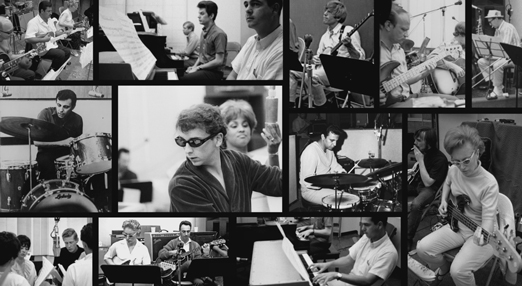
In the early 1970s, I attended Simon Fraser University. Early on in my student career, I met the head of Medical Services at SFU, Dr. Ed Lipinski, one of the most impressive men I’ve ever met. He asked if we might meet from time to time, that given my various political involvements of the day, he said he found me “fascinating”, and would like to get to know me better.
Now, as it happens, Dr. Lipinski was a psychiatrist, a dedicated and gifted therapist, for a long period of time the head of the World Psychiatric Association, and someone that every person of influence, in administration and among the student body at SFU, saw on a regular basis.
Ed made things happen.
For me, that meant bursaries and scholarships, and paving the way for whatever I needed. In addition, as a journalist / editor at the student newspaper, The Peak, Ed Lipinski ensured that I had access to senior administration officials, who almost inevitably became “unnamed sources” for a series of provocative articles I wrote over the years.
Had Ed not died in a car accident along the Algarve in Portugal in 1981, my life would have been much different. Ed was 100% on my side, he had influence with the Courts, and in the political, banking, and corporate worlds — apart from being a first-rate psychiatrist, Dr. Ed Lipinski, British Columbia’s first forensic psychiatrist knew how to connect influential people to get things done. Dr. Lipinski was, then, our province’s trusted figure.
In 1972, as was occurring more frequently, Cathy and I were experiencing one of several episodes of turbulence in our marriage — I was giving serious thought to leaving her, calling it quits. Here’s what Ed said to me …
“Raymond, imagine that you’re 63 years of age, it’s 3 a.m. on a chilly winter’s morning, and you’re lying in bed all on your own. You’ve been on your own for awhile now. No marriage. No relationships with women who you love. No one to share your life with, just you taking responsibility for yourself. Ask yourself, ‘Do I want to be alone as I approach the latter third of my life, or do I want to share my life with a woman I love?’ Raymond, should you leave Cathy, is that a decision that you will regret? Do you honestly want to face the prospect of lying their at 3 a.m. alone, with no one to turn to, and no one with whom you can share your life?”
The impact at the time of Ed asking me those questions was to return home to Cathy, and make a renewed effort to preserve our marriage.
Now, of course, I am just shy of 69 years of age, and alone. But not lonely.
Would I prefer to be in a relationship with a woman I love? Yes, I would — and you only have to know me to know that for me, hope reigns eternal. I am an optimist about love, as I am about my political involvement, and almost every aspect of my life. When I reflect on my life now, I believe I am, overall, satisfied with my life.
Still & all, when I’m lying in bed at 3 a.m., I think back to that conversation with Ed Lipinski in 1972, and reflect on the fact that I am alone.
In respect of the matter of regret, up until 1997 I was, every moment of the day, as I had been for years, filled with regret and, as it happens, self-loathing. There was so much that I regretted about my life, things I wished I had done differently. Fortunately, I had another gifted therapist, Max, in my life who was able to present to me a logically consistent argument as to why I should look forward and not back, that the decisions I had taken in the past that I had come to regret were things I could do nothing about.
What I could do was each and every day work towards becoming a better, more sensitive and thoughtful, more whole and more generous person.
 Glaswegian Paul Buchanan, lead singer and founder of the Scottish trio, Blue Nile.
Glaswegian Paul Buchanan, lead singer and founder of the Scottish trio, Blue Nile.
Still and all, I do reflect from time to time on the regrets of my life, and the better decisions I might have made. As such, the music of Glaswegian Paul Buchanan and his two band mates in the 90s Scottish trio, The Blue Nile, speaks to me in the early hours of the morning, and when I am feeling in a melancholic mood, the song Regret speaks to the deepest part of my soul.







